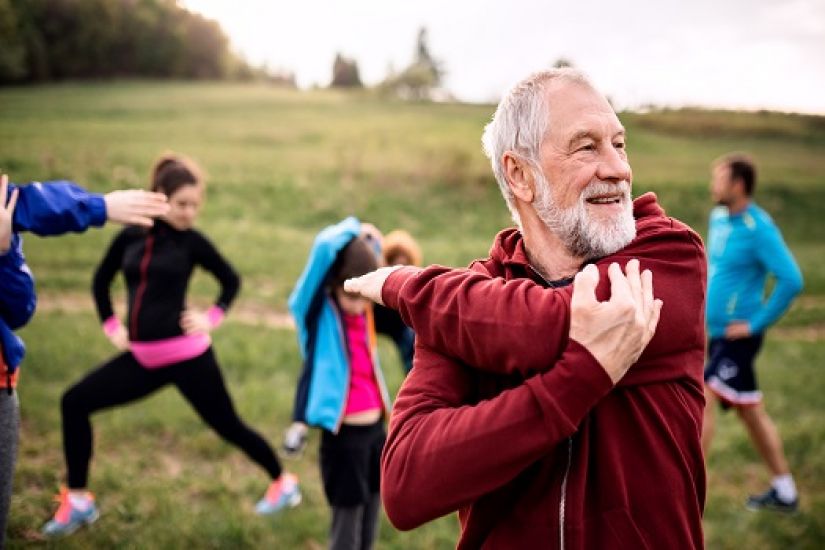
6 Important Exercise Guidelines for Seniors
Exercise is vital for older adults because it keeps them in good mental and physical shape, but the type of workout routines ageing adults take on should be based on their strengths and their doctors’ recommendations. Failing to follow physical activity guidelines could put your senior loved one’s safety and health in jeopardy. Continue reading to learn about a few exercising guidelines for seniors.
1. Make Gradual Movements
Inactive seniors need to take time to develop good workout routines, increasing the regimens over time. Older adults who have remained active can usually engage in more extensive workouts. However, your parent should always consult his or her primary care physician before taking on more activity.
If you’re concerned about your loved one’s ability to exercise safely, consider hiring a trained professional care worker to provide assistance. Sydney at-home care professionals can be a wonderful boon to seniors. Whether they require around-the-clock supervision or just need assistance with exercise and household tasks a few days a week, seniors can enjoy a higher quality of life with the help of trusted in-home care workers.
2. Meet Weekly Minimums
The amount of exercise your parent should do every week ultimately depends on his or her physical limitations and metabolism. However, most seniors need at least 150 minutes of activity during the week. They should split that time and try to work out five times per week for 30 minutes each day. The sessions can be divided into durations of ten, fifteen, or thirty minutes, depending on the type of activities your loved one adds to his or her routine.
3. Do Both Moderate and Intense Activities
Doing a combination of both types of exercise is suitable for most older adults, but the amount will vary from senior to senior. A majority of the workout should be moderately challenging. Intense activity increases heart and breathing rates, which is why strenuous exercise should be done with caution. If your parent is exerting too much energy or putting a lot of pressure on his or her body, he or she should stop the intense workout and take a couple of days off before returning to a moderate routine.
If you usually help your loved one exercise but need a break now and then, a professional care worker can take over for you. Sydney respite care professionals can assist seniors with a wide array of daily tasks, offering family carers the chance to focus on other personal responsibilities or take a break to prevent burnout. Whether it’s for a few hours a day or a few days a week, respite care is the perfect solution for family carers who are feeling overwhelmed.
4. Stretch
Older adults need to stretch their legs, hips, chest, shoulders, and abdomen before engaging in physical activities. Warming up can reduce pain and prevent seniors from injuring themselves. Muscle-stretching exercises can loosen the joints and prepare your loved one for weightlifting, push-ups, squats, and sit-ups. Walking and doing various tasks around the home won’t move the muscles as well as stretching will.
5. Perform Water-Based Activities
To minimise the risk of falls, your loved one should work out in the water. Taking up swimming and water aerobics prevents your loved one from putting too much pressure on his or her joints. The low-impact exercises work out the body, and the water can prevent your loved one from falling. The buoyancy of the water could help your parent feel more relaxed while exercising.
6. Take Recovery Breaks
An illness or injury could cause your loved one to stop exercising for a while. When resuming an exercise routine, your parent should start slowly and build up the level of physical activity as his or her health increases. Taking a break and easing back into the routine could lower the risk of a relapse or another injury.
Seniors who need assistance setting up and following a safe exercise plan can benefit from the help of a trained professional care worker. In-home care experts are available to provide high-quality care to seniors on an as-needed basis. From assistance with mobility and exercise to providing transportation to the doctor’s office and social events, there are a variety of ways professional care workers can help your ageing loved one continue to live independently. For compassionate, reliable in-home care, trust the experienced professionals from Home Care Assistance. Reach out to one of our dedicated Care Managers today at [hca_phone] to learn about the high quality of our in-home aged care services.